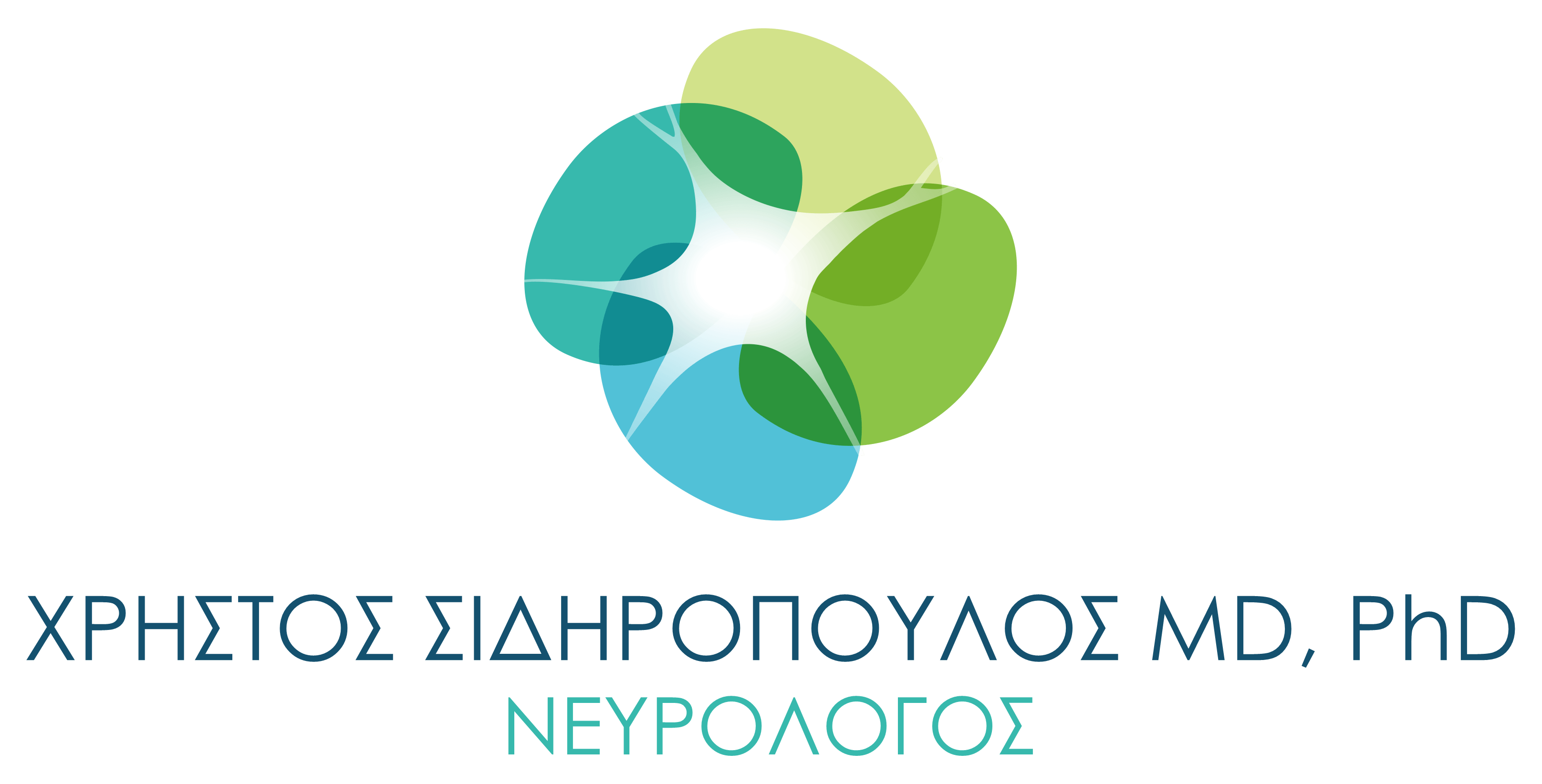Myoclonus is a movement disorder that has different causes. It manifests as a sudden, explosive shaking of a member or parts of the body and its duration ranges from a few seconds to several minutes.
Myoclonus is the sudden ejection or contraction of a muscle that “blocked”, because of drastic contraction of the muscles or rarely a drop in the tone of the muscles of the body. Only one muscle may be involved, but more often myoclonus engages several and even many muscle groups until the complete generalization. Myoclonic jerks can be strictly synchronized to various muscles or without any coordination and rhythm. They may or may not be accompanied by movement in the joint.
The causes that cause myoclonus can be very different. From physiological causes without any specific etiology to symptoms of a severe metabolic aberration or due to a neurodegenerative disease.
Myoclonus can be single or recurrent. They can be very persistent or fluctuating or strictly paroxysmal, such as epileptic myoclonus.
Spontaneous myoclonus (or rest myoclonus) is caused by various stimuli (visual, auditory, or somatosensory). Myoclonus can be caused by action or upright position of the body.
Also, there is myoclonus that occurs only during sleep or only during the day when a person is alert.
The cause may be genetic, but it can also be the result of some injury.
Because myoclonus has very complex clinical characteristics and varies greatly in each patient, treatment to reduce movements requires expertise in movement disorders.
The history of the onset of symptoms includes the degree of generalization and location of contractions, their severity, synchronization and rhythm, the frequency of episodes, any stimuli that precede them, if they manifest themselves in sleep or during arousal.
After the clinical examination, the Neurologist may request a few or even a number of different tests depending on the cause that he believes should be investigated in order to rule out serious neurological diseases as the source of symptoms (e.g. epileptic myoclonus).
Depending on the causes that impose on each patient individually a myoclonic syndrome, the treating neurologist will also administer the corresponding medication or recommend another treatment. It should be noted that myoclonus should be investigated even when it is not excessively annoying, both to find the cause and to treat it promptly in order not to get worse to the point of disability.


